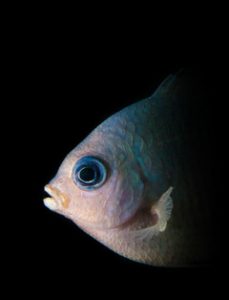Effects of ocean acidification on fish behaviour and physiology
Josefin Sundin
Swedish University of Agricultural Sciences, Sweden
Ocean acidification (OA) has been reported to affect behaviour of fishes, which could have detrimental consequences for population viability in the future. Coral reef fishes are predicted to be especially susceptible to OA on the basis of several high-profile papers that have reported profound behavioural and sensory impairments – for example, complete attraction to the chemical cues of predators. This is somewhat surprising given that fish have sophisticated acid-base regulatory mechanisms that should enable their resilience to near-future increases in CO2. Several recent studies, however, show that OA likely has negligible effects on fish behaviour, and data simulations show that the large effect sizes and small within-group variances that have been reported in several previous studies are highly improbable. In addition, a meta-analysis shows that OA and fish behaviour represents one of the most striking examples of the ‘decline effect’ in ecology to date, as effect sizes from initial studies appear drastically overestimated. Together, these findings indicate that the reported effects of OA on fish behaviour are not reproducible. Quantitative evidence for the biases causing the decline effect are presented, and ways to mitigate the issues, applicable to any scientific field, are proposed.









You must be logged in to post a comment.